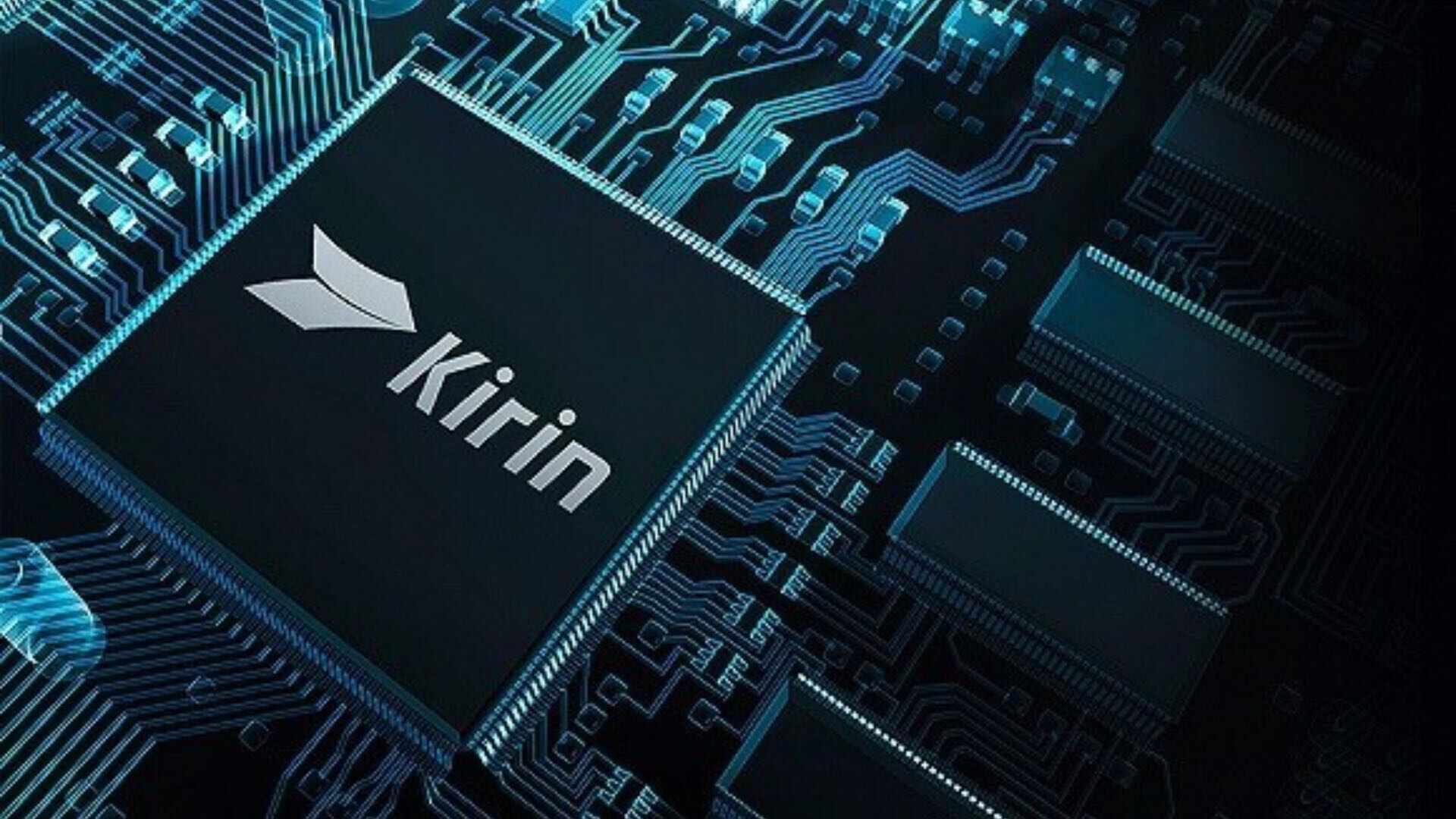The announcement by Qualcomm that Huawei may no longer require its chips marks a significant shift in the global technology landscape. This development underscores Huawei’s strategic move towards self-sufficiency and independence amidst the ongoing tensions between the United States and China.

Huawei’s Shift to Self-Reliance
Huawei’s decision to move away from Qualcomm’s processors is a deliberate step towards reducing its reliance on foreign suppliers. The company has been actively investing in the development of its own chipsets, particularly the Kirin series, which have been used in its smartphones. This shift aligns with Huawei’s broader strategy to enhance its self-sufficiency in the wake of US sanctions and trade restrictions.
The latest flagship Huawei Pura 70 series is a testament to this strategy, as it utilizes more Chinese-made components than parts from the rest of the world combined. This move demonstrates Huawei’s commitment to reducing its dependence on foreign technology and strengthening its domestic supply chain.
Kirin Processors: Huawei’s Path to Independence
Huawei’s Kirin processors have been a crucial part of its journey towards independence. These in-house developed chips have enabled the company to reduce its reliance on Qualcomm and other foreign chipmakers. The Kirin 9010 processor, which powers the Pura 70 series, is a testament to Huawei’s technological capabilities and its ability to compete with global industry leaders.

Moreover, Huawei is now expanding the Kirin technology to other important product categories, such as notebooks, further reducing its dependence on Intel. The development of a Kirin PC version of the processor, with performance comparable to Apple’s “Pro” and “Max” chips, showcases Huawei’s ambition to become a self-sufficient player in the broader technology landscape.
Mitigating the Impact of Export Restrictions
The revocation of export licenses for Qualcomm and Intel has had a limited impact on Huawei’s mobile phone processors. This is because the company has already established its own Kirin chipsets as the primary solution for its smartphones. Additionally, Huawei’s efforts to extend the Kirin technology to other product categories, such as notebooks, have further insulated the company from the effects of these export restrictions.
Huawei’s focus on developing its own technology and reducing reliance on foreign components has been a key factor in its ability to navigate the challenging geopolitical landscape. The company’s growth and profitability in the face of these obstacles also demonstrate its resilience and adaptability.
Huawei’s Continued Growth and Dominance
Despite the challenges posed by the ongoing trade tensions and restrictions, Huawei has continued to grow and expand its operations. The company’s revenue and mobile phone shipments have shown significant increases, with a 564% year-on-year surge in net profit for the first quarter of 2024. This growth is largely attributed to Huawei’s strong performance in the Chinese smartphone market, where it maintains a dominant position.
Huawei’s ability to navigate these challenges and emerge as a stronger, more self-reliant player in the global technology landscape is a testament to its strategic vision and technological capabilities. As the company continues to invest in its own research and development, it is poised to further solidify its position as a leading player in the global technology industry.
Conclusion
In conclusion, Huawei’s shift away from Qualcomm chips is a strategic move that underscores the company’s commitment to self-sufficiency and independence. Huawei demonstrates its resilience and adaptability in the face of ongoing trade tensions and restrictions. It did this by leveraging its in-house Kirin processors and expanding its application across various product categories.






Lovely. I love the fact that Huawei is now independent. The arrogance of the US irks me. They think they have the keys to world development.
Stop using AI to write your articles. It’s painfully obvious and extremely unpleasant to read.
Please, reviews like this are helpful because one can also get help from it. Trading and mining cryptocurrency is now a norm but I had a challenge at the beginning of the month. I made a mistake by sending my coin to a wrong wallet id, in which I find it very difficult to recover my money. I tried all my best but had no option but to seek the help of a recovery support team on, hackrecovery At Yandex Dot ru. All I could do was to make sure I followed their instructions, and to my surprise my money was recovered. So happy about this
Huawei faces significant challenges as it navigates a future without Qualcomm chips due to geopolitical tensions and trade restrictions. Forced to innovate, Huawei is investing heavily in developing its own semiconductor capabilities and strengthening partnerships with other suppliers. This shift may slow down product releases and affect performance, but it could also lead to greater self-reliance and innovation.
We offer an exclusive range of high-quality accessories and Auto parts, Body parts, Luxury Car Accessories etc.
Major US 4/5G bands are mostly missing from Huawei phones.